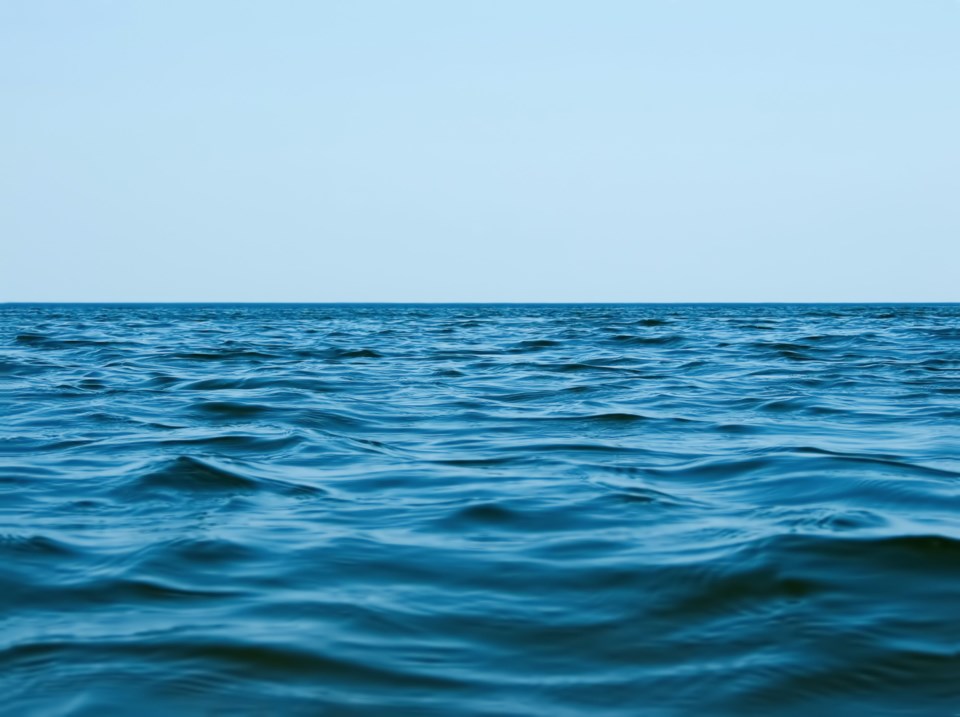
UW creates economic model to assess monetary damage of Great Lakes from climate change
This model is the first attempt of valuing water's role in the broader economy of the Great Lakes Basin and Ontario as a whole
by Ariel DeutschmannResearchers from the University of Waterloo have developed a new method for assessing the economic impact of climate change on the Great Lakes.
The University of Waterloo’s Water Institute created a hydro-economic model that can determine the unknown or invisible value of water.
According to a release, this model is the first attempt at valuing water's role in the broader economy of the Great Lakes Basin and Ontario as a whole.
The release adds that in the event of a water supply disruption within the Great Lakes Basin in the future, this model can help identify the most cost-effective allocation of available water resources to keep economic impact to a minimum within the province.
“The Canadian Great Lakes cover about 3 percent of Canada’s surface area, but it is responsible for about 35 percent of Canada's gross domestic product”, said professor Roy Brouwer, executive director of the Water Institute, in the release. “The model provides analysts and policymakers with a tool to assess the loss in gross domestic product associated with climate change-related water scarcity threats and activities designed to ensure food and energy supplies under climate change.”
The release says this model is currently being used to estimate the direct and indirect economic impacts of different phosphorus emission restriction policies across the various Great Lakes.
However, the model could be used by federal and provincial parties to manage resources in the Great Lakes water basin.
“We hope our work can help to provide management solutions and cost-effective strategies for lake management that minimize the trade-offs between ecosystem health, water use, and economic growth,” said Brouwer in the release.
This project is being supported by the Global Water Futures project as part of the Canada First Research Excellence Fund.